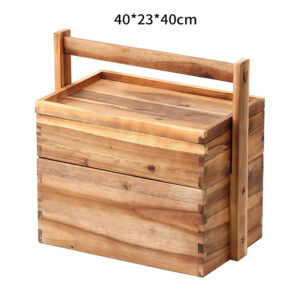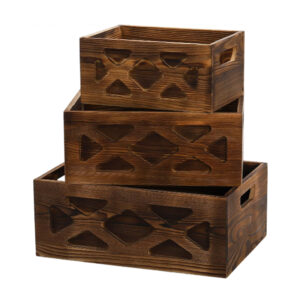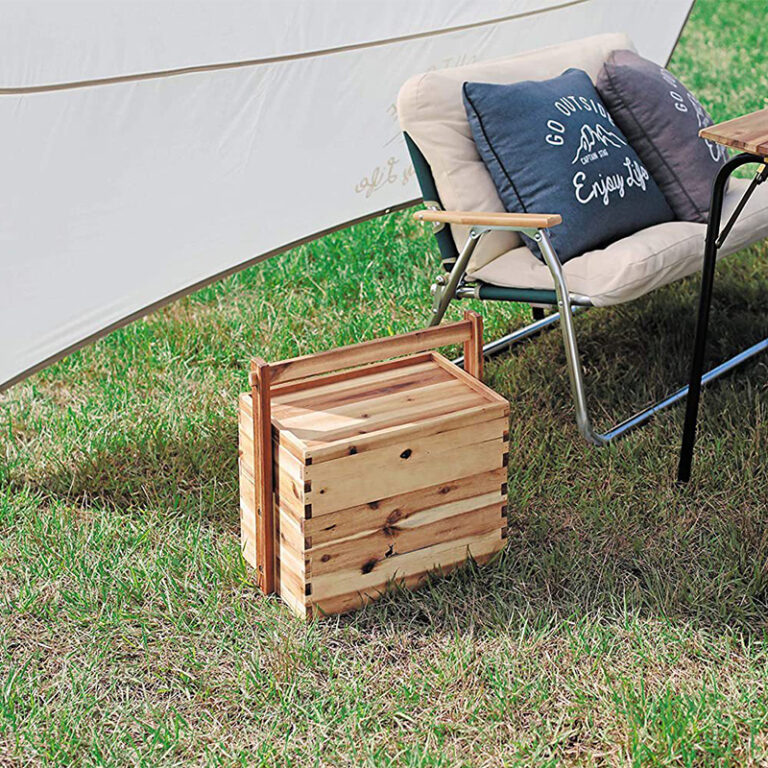
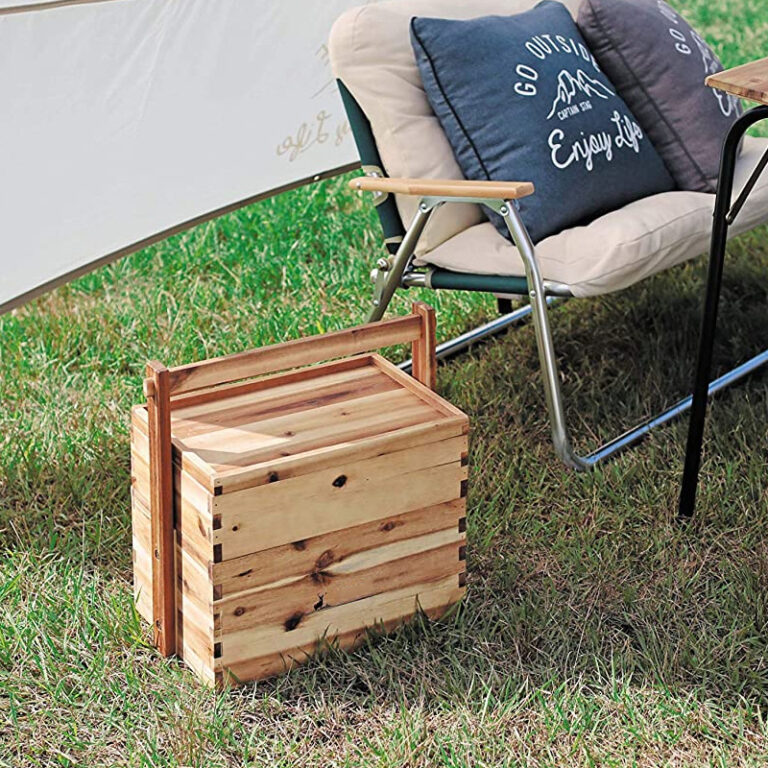
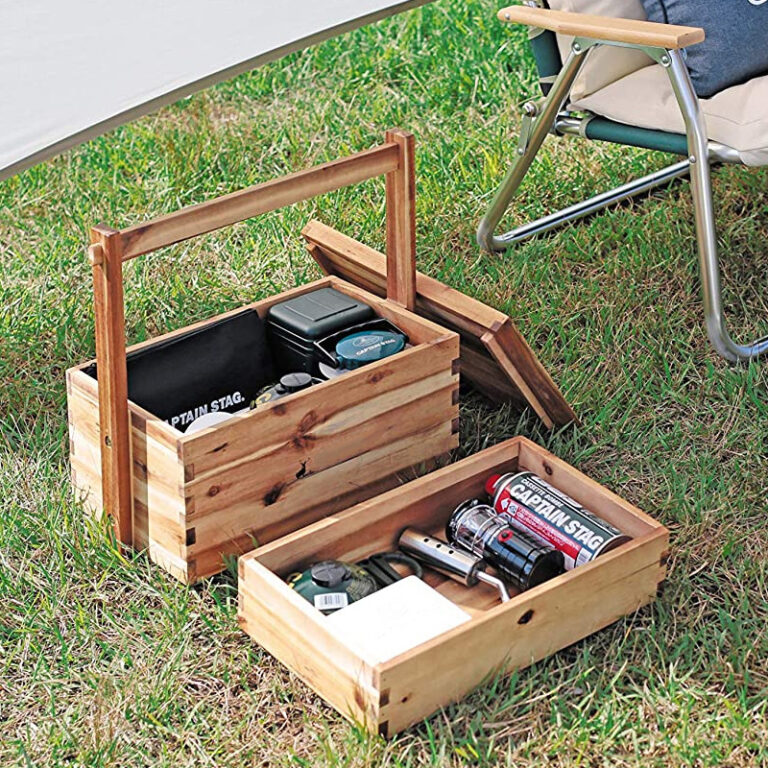
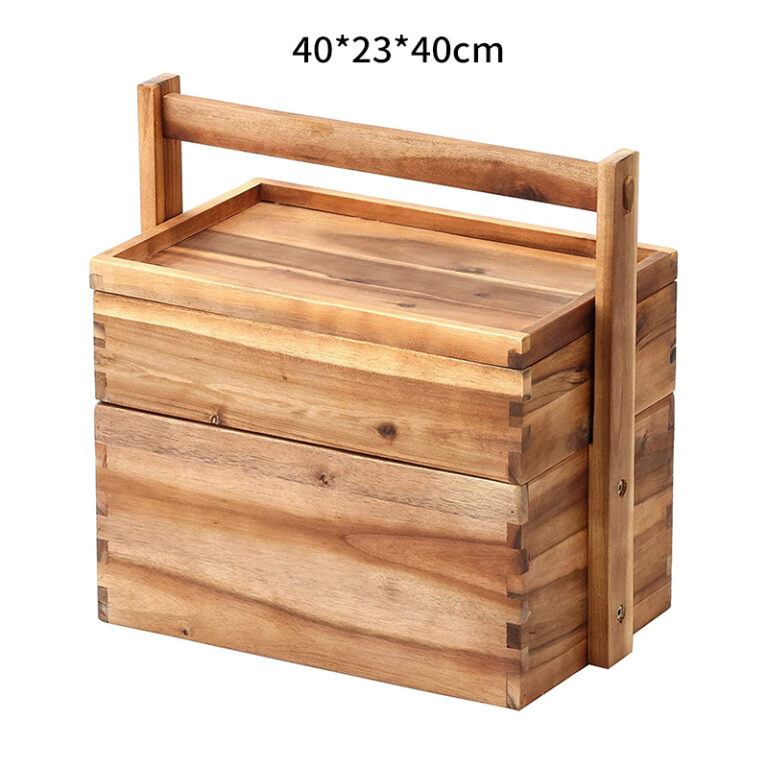
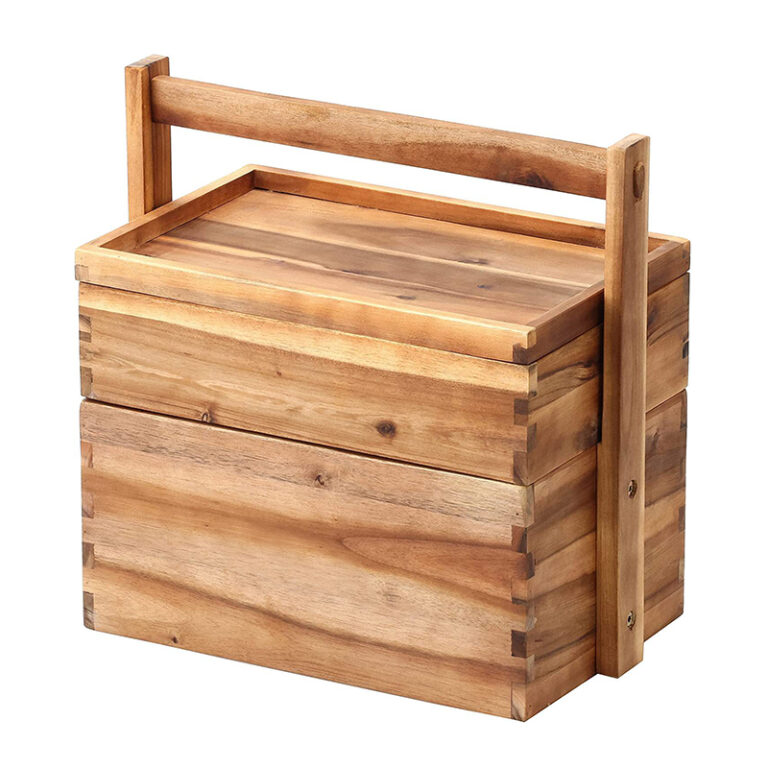
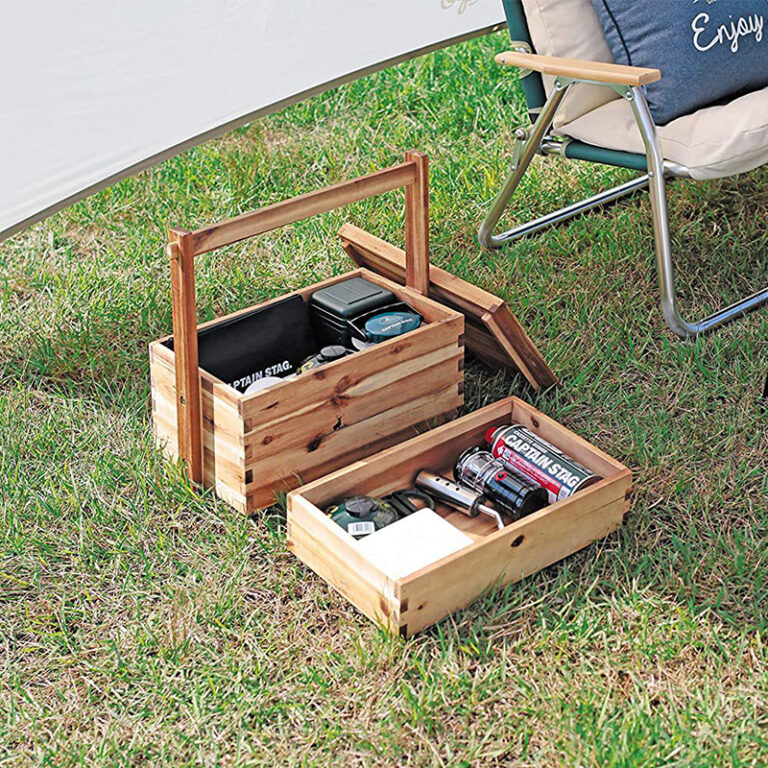
Custom Kitchen Great Wood Food Container Storage Box with Lid Chinese Lunch Box
A food container is a versatile storage solution designed to keep food fresh and secure. It comes in various materials like plastic, glass, metal, and silicone, and features different shapes and sizes to accommodate diverse storage needs. Key attributes often include airtight or leak-proof seals, microwave and dishwasher compatibility, and the ability to withstand freezing temperatures. Food containers help in organizing, preserving, and transporting meals and leftovers efficiently.
Product Description
A food container is an essential item designed to store, protect, and preserve food items, ensuring they remain fresh and safe to consume. These containers come in various shapes, sizes, materials, and functionalities to meet diverse storage needs. Here’s a detailed description of a food container:
Material:
- Plastic: Often used due to its lightweight, durability, and affordability. Plastic food containers can be made from materials like polyethylene (PE), polypropylene (PP), or polycarbonate (PC). They are usually dishwasher-safe and can be microwave or freezer-safe depending on the type of plastic.
- Glass: Known for its non-reactive properties, glass containers are ideal for storing acidic foods and maintaining the freshness of food without leaching chemicals. They are usually microwave and dishwasher safe, and many come with airtight lids to prevent leaks and spills.
- Metal: Containers made from stainless steel or aluminum are durable and can often be insulated to keep food warm or cold. They are resistant to staining and odors but usually not microwave-safe. Many metal containers come with secure, leak-proof lids.
- Silicone: Flexible and durable, silicone containers are often collapsible for easy storage. They are heat-resistant, making them suitable for microwave use, and they are typically dishwasher safe.
Design:
- Shape and Size: Food containers come in a variety of shapes including rectangular, square, round, and even specialty shapes. They are available in sizes ranging from small individual servings to large family-sized portions.
- Lid Mechanism: The lid is a crucial component of a food container. Common types include snap-on lids, screw tops, and hinged lids. Some containers feature airtight and leak-proof seals, which are especially important for preventing spills and maintaining freshness.
- Compartments: Some food containers are designed with multiple compartments or dividers to keep different types of food separate, making them ideal for bento-style meals or portion control.
- Ventilation: Certain containers feature built-in ventilation systems or adjustable vents that allow steam to escape, making them suitable for reheating food in the microwave without creating a mess.
Features:
- Airtight and Leak-proof: Many containers are designed with seals or gaskets that create an airtight and leak-proof environment, which helps in preserving food longer and preventing spills.
- Stackability: For efficient storage, many food containers are designed to be stackable, allowing them to be neatly organized in cabinets or refrigerators.
- Freezer and Microwave Safe: Some containers are designed to withstand extreme temperatures, allowing them to be used in both the freezer and microwave.
- Eco-Friendly Options: With growing environmental awareness, there are also food containers made from biodegradable or recyclable materials, as well as reusable designs to reduce waste.
Usage:
Food containers are versatile and can be used for a range of purposes:
- Storage: Keeping leftovers, fresh produce, or bulk items.
- Meal Prep: Organizing pre-prepared meals for convenience.
- Transport: Carrying lunches, snacks, or meals for work or travel.
- Serving: Presenting food at gatherings or events.
Maintenance:
Proper care and maintenance extend the life of food containers. Glass and metal containers are typically easy to clean with soap and water or in the dishwasher. Plastic containers should be checked for staining or odor absorption, and silicone containers may need thorough cleaning to prevent residue buildup.
In summary, food containers are a practical and essential tool in every kitchen, offering various designs and features tailored to meet different storage and meal preparation needs. Whether you’re looking for something for everyday use or special occasions, there’s a food container designed to fit your requirements.
